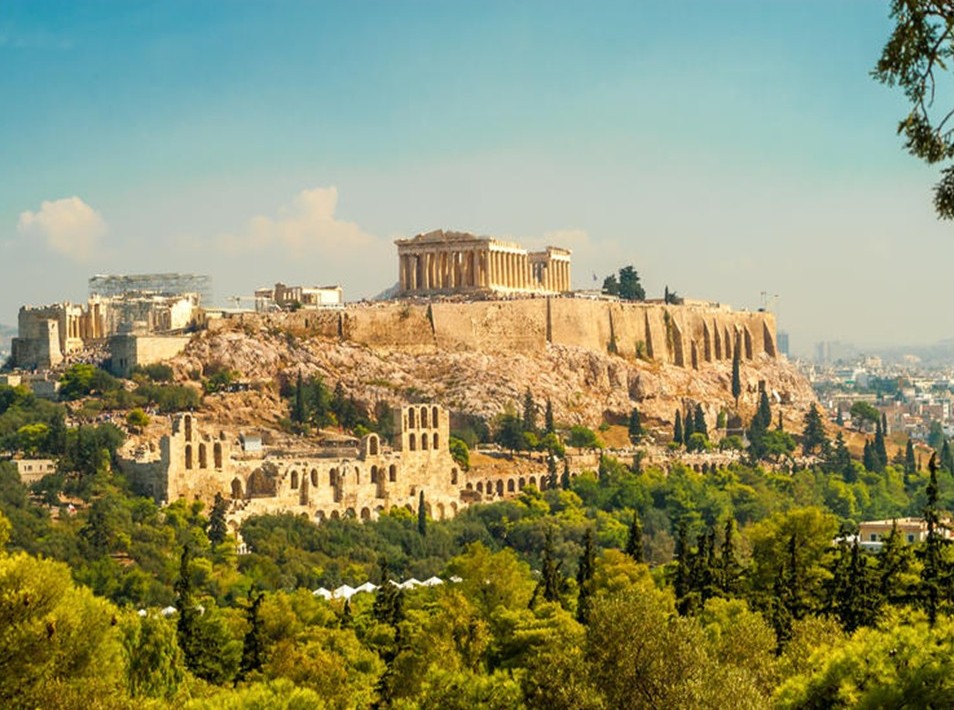Classics
Developing an appreciation and analysis of the Latin language and the cultures of Ancient Greece and Rome.
Classics Rationale: Key Stage 3
Throughout Key Stage 3 the analysis and appreciation of the Latin language, through translation and other language exercises, is interweaved with the study of background topics in order to simultaneously promote a wider appreciation of the cultures of ancient Greece and Rome.
| Year Group | Grammar Areas | Background Topics |
|---|---|---|
| Year 7 |
|
|
| Year 8 |
|
|
| Year 9 |
|
|
Classics Rationale: Key Stage 4
In KS4 Latin the analysis and appreciation of the language through translation and other language exercises, now with a focus on the GSCE Latin Language examination, continues to be interleaved with the study of background topics. These latter include:
- Ancient Rome and the Roman forum
- The Jewish War, Masada, and the arch of Titus
- The patronage system
- Stoic philosophy
- Early Christianity
Language analysis and cultural appreciation also combine in studies which prepare students for the GCSE Latin Literature examination.
Cultural appreciation of Ancient Greece and Rome is the focus of the GCSE Latin Roman Civilisation paper, and of the whole GCSE Classical Civilisation course.

